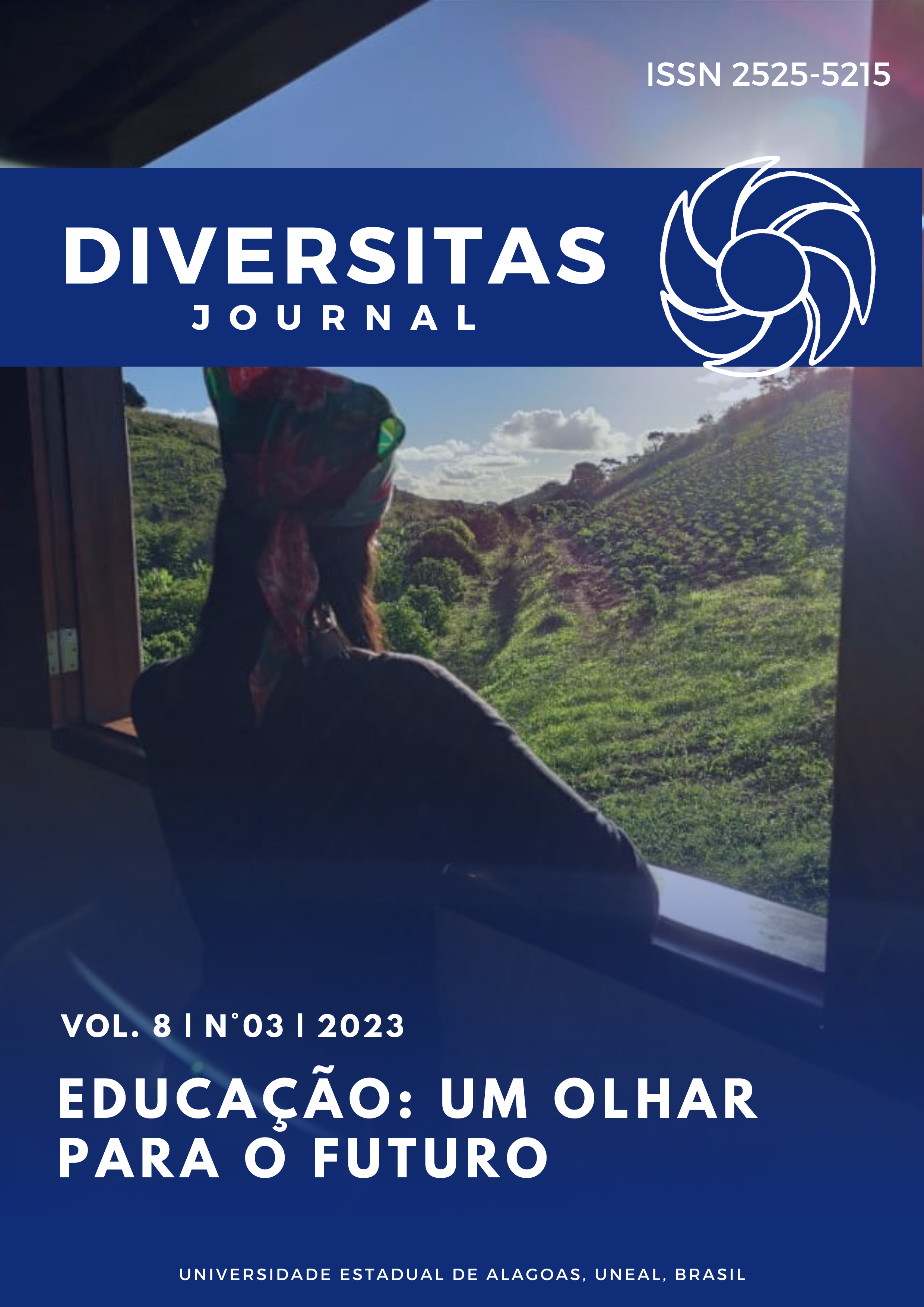From imperialism to liberalism. Reinventing trade, institutions, and unity in post-World War I Europe
DOI:
https://doi.org/10.48017/dj.v8i3.2667Palabras clave:
Imperialism, Liberalism, Trade, Institutions, World War IResumen
Liberalism emerged theoretically strengthened in the World War I’s aftermath. The start of a new liberal order in 1918-9 did not mean that it would last forever or that it had no opponents. Imperial autocracy was replaced by collectivism: both from the left (Communism) and the right (Nazism and Fascism). The Wilsonian world system, based on trade and institutions, was later put under attack by totalitarianism that weakened liberalism. Liberalism as a foreign policy and its core elements were reinvigorated thanks to the conflict – at least in Western Europe. Firstly, the fact that trade leads to peace, as explained by Norman Angell. Secondly, that institutionalism, democracy, and self-determination strengthened states, easing cooperation among them, as advocated by Woodrow Wilson. Lastly, the fact that peaceful European unity to fight the external challengers and get independence will benefit, according to Richard Coubenhove-Kalergi, the European people.
Métricas
Citas
Angell, Norman (2015 [1910]). The Great Illusion. A Study of the Relation of Military Powers to National Advantage. Jungle Land Publishing.
Angell, Norman (1935). “Peace and the Public Mind”. From: https://www.nobelprize.org/prizes/peace/1933/angell/lecture/, 12.06.1935.
Coudenhove-Kalergi, Richard N. (2019 [1923]). Pan-Europa. Independently published.
Wilson, Woodrow (1917). “Making the World ‘Safe for Democracy’: Woodrow Wilson Asks for War”. From: https://historymatters.gmu.edu/d/4943.
Wilson, Woodrow (1918a). “14 Points”. From: https://www.archives.gov/milestone-documents/president-woodrow-wilsons-14-points.
Wilson, Woodrow (1918b). “Address at the University of Paris, December 21st, 1918” in Link, Arthur (Ed.), The Papers of Woodrow Wilson (69 vols. 1966-1994), 53: 462.
Berghahn, Volker R. (2014). “Origins”, in Winter, Jay M. (Ed.), The Cambridge History of the First World War. Volume II: the State. Cambridge: Cambridge University Press.
Clarks, Christopher (2013). The Sleepwalkers. How Europe Went to War in 1914. London: Penguin Books.
Compagnon, Olivier; Purseigle, Pierre (2016). Geographies of mobilization and territories of belligerence during World War I. Annales (Paris): histoire, sciences sociales, Vol. 71, Num. 1, pp. 37-60, DOI: https://doi.org/10.1017/S2398568217000024.
Dornik, Wolfram (2014). “A School of Violence and Spatial Desires? Austro-Hungarian Experiences of War in Eastern Europe, 1914–1918”, in Bürgschwentner, Joachim; Egger, Matthias; Barth-Scalmani, Gunda, Other Fronts, Other Wars? First World War Studies on the Eve of the Centennial. Leiden: Brill Academic Pub.
Gerwarth, Robert (2017). “1918 and the End of Europe’s Land Empires”, in Thomas, Martin; Thompson, Andrew S. (Eds.), The Oxford Handbook of the Ends of Empire. Oxford: Oxford University Press.
Green, Daniel M.; Denemark, Robert A. (1999). “Cycles of Liberalism in the Twentieth Century”. Humboldt Journal of Social Relations, Vol. 25, Num. 1, pp. 31-64.
Hobson, John A. (1965 [1938]). Imperialism. Ann Arbor: University of Michigan Press.
Joll, James (1984). The Origins of the First World War. London: Longman.
Konrad, Helmut (2014). “Drafting the peace”, in Winter, Jay M. (Ed.), The Cambridge History of the First World War. Volume II: the State. Cambridge: Cambridge University Press.
Howard, Michael (1993). “A Thirty Years’ War? The Two World Wars in Historical Perspective”, in The Prothero Transactions of the Royal Historical Society, Vol. 3, pp. 171-184, DOI: https://doi.org/10.2307/3679140.
Manela, Erez (2007). The Wilsonian Moment: Self-Determination and the International Origins of Anticolonial Nationalism. Oxford. Oxford University Press.
Meiser, Jeffrey W. (2018). “Introducing Liberalism in International Relations Theory”. From: https://www.e-ir.info/2018/02/18/introducing-liberalism-in-international-relations-theory/, 18.02.2018.
Milevski, Lukas (2020). “Modern liberal wars, illiberal allies, and peace as the failure of policy”. Defense & Security Analysis, Vol. 36, Num. 3, pp. 300-313, DOI: https://doi.org/10.1080/14751798.2020.1790808.
Mombauer, Annika (2015). “Guilt or Responsibility? The Hundred-Year Debate on the Origins of World War I”. Central European History, Vol. 48, Num. 4, pp. 541-564, DOI: https://doi.org/10.1017/S0008938915001144.
Morrow, John H. (2014). “The Imperial Framework”, in Winter, Jay M. (Ed.), The Cambridge History of the First World War. Volume II: the State. Cambridge: Cambridge University Press.
Long, David (2006). “Liberalism, Imperialism, and Empire”. Studies in Political Economy, Vol. 78, Num. 1, pp. 201-223, DOI: https://doi.org/10.1080/19187033.2006.11675107.
Lynch, Allen (2002). “Woodrow Wilson and the Principle of ‘National Self-Determination’: A Reconsideration”. Review of International Studies, Vol. 28, Num. 2, pp. 419-436, DOI: https://doi.org/10.1017/S0260210502004199.
Ripsman, Norrin M.; Blanchard, Jean‐Marc F. (1996). “Commercial liberalism under fire: Evidence from 1914 and 1936”. Security Studies, Vol. 6, Num 2, pp. 4-50, DOI: https://doi.org/10.1080/09636419608429305.
Rowe, David M. (2005). “The Tragedy of Liberalism How Globalization Caused the First World War”. Security Studies, Vol. 14, Num. 3, pp. 407-447, DOI: https://doi.org/10.1080/09636410500323153.
Siraut, Mark (2018). “Woodrow Wilson’s 14 Points and the Liberal World Order”. From: https://www.mironline.ca/liberal-world-order-myths/, 18.01.2018.
Taylor, Samatha A. (2020). “The Ruse of the Liberal World Order”. From: https://warroom.armywarcollege.edu/articles/liberal-world-order/, 29.04.2020.
Trickey, Erick (2017). “How Woodrow Wilson’s War Speech to Congress Changed Him – and the Nation”. From: https://www.smithsonianmag.com/history/how-woodrow-wilsons-war-speech-congress-changed-him-and-nation-180962755/, 03.04.2017.
Descargas
Publicado
Cómo citar
Número
Sección
Licencia
Derechos de autor 2023 Amedeo Gasparini

Esta obra está bajo una licencia internacional Creative Commons Atribución 4.0.
O periodico Diversitas Journal expressa que os artigos são de unica responsabilidade dos Autores, conhecedores da legislação Brasileira e internacional. Os artigos são revisados pelos pares e devem ter o cuidado de avisar da possível incidencia de plagiarismo. Contudo o plagio é uma ação incontestavel dos autores. A Diversitas Journal não publicará artigos com indicios de Plagiarismos. Artigos com plagios serão tratados em conformidade com os procedimentos de plagiarismo COPE.
A violação dos direitos autorais constitui crime, previsto no artigo 184, do Código Penal Brasileiro:
“Art. 184 Violar direitos de autor e os que lhe são conexos: Pena – detenção, de 3 (três) meses a 1 (um) ano, ou multa. § 1o Se a violação consistir em reprodução total ou parcial, com intuito de lucro direto ou indireto, por qualquer meio ou processo, de obra intelectual, interpretação, execução ou fonograma, sem autorização expressa do autor, do artista intérprete ou executante, do produtor, conforme o caso, ou de quem os represente: Pena – reclusão, de 2 (dois) a 4 (quatro) anos, e multa.”


















